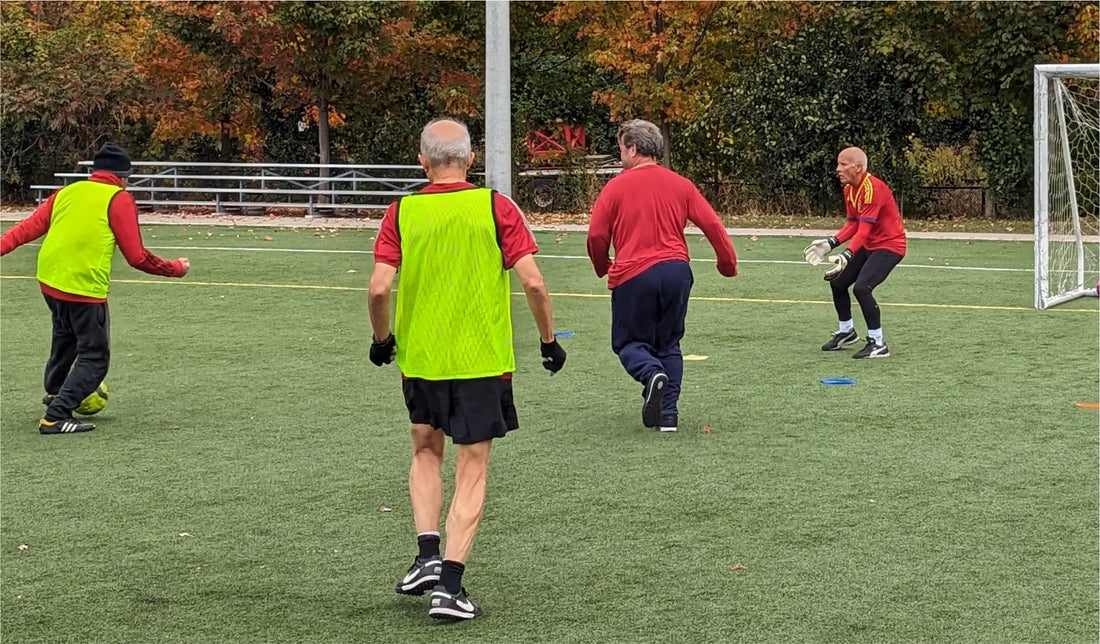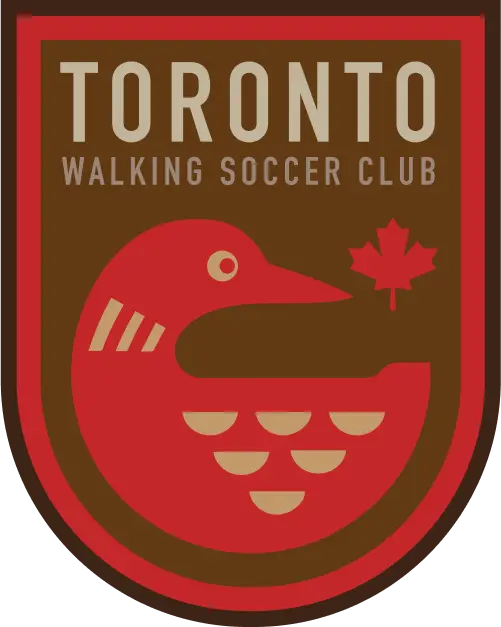
Sports empowering the Aging Population to Live Longer and Work Stronger
Share
As the clock ticks forward, North America is facing a demographic shift of monumental proportions: the aging population. With each passing year, more and more individuals are joining the ranks of over 65s, challenging societies to adapt and evolve to meet the needs of this growing demographic. However, amidst the concerns and complexities associated with an aging population, there lies a silver lining - the transformative power of sports.
In this era of longevity, where advancements in healthcare and technology have extended life expectancy, it's imperative to explore avenues that not only enhance the quality of life for older adults but also enable them to remain active, engaged, and productive members of society. Sports, with its myriad of physical, mental, and social benefits, emerges as a potent tool in achieving these objectives.
Understanding the Aging Population of North America
Before delving into the role of sports in improving the lives of older adults, it's crucial to grasp the scope and significance of the aging population in North America. The region is experiencing a demographic shift characterized by a rapidly increasing proportion of older adults. Factors such as declining birth rates and the aging of the baby boomer generation contribute to this phenomenon. According to statistics, by 2050, it's estimated that one in every four Americans will be 65 years or older. A similar trend is observed in Canada, where older adults are projected to make up nearly a quarter of the population by 2030. This demographic transition presents various challenges, including healthcare costs, pension sustainability, and social welfare provisions. However, it also presents opportunities for innovation and reimagining the concept of aging.
The Power of Sports in Aging Well
Sports offer a multifaceted approach to aging well, addressing not only physical health but also mental acuity, social connectedness, and emotional well-being. Whether it's swimming, soccer, tennis, golf, or simply taking brisk walks in the neighborhood, engaging in regular physical activity is essential for maintaining mobility, flexibility, and cardiovascular health as individuals age.
Moreover, sports stimulate the brain, promoting cognitive function and reducing the risk of age-related cognitive decline and dementia. Whether it's the strategic thinking required in a game of chess or the hand-eye coordination demanded by tennis, sports challenge the mind and keep it sharp.
Beyond the physical and cognitive benefits, sports serve as a platform for social interaction and community engagement. Joining sports clubs, participating in recreational leagues, or attending fitness classes provide opportunities for older adults to connect with peers, forge new friendships, and combat feelings of loneliness and isolation often associated with aging.
Enhancing Lifestyles and Prolonging Careers
One of the most significant challenges posed by an aging population is the sustainability of the workforce. As individuals live longer, they seek to extend their careers, either out of financial necessity or personal fulfillment. However, this presents challenges for employers and policymakers tasked with creating age-inclusive workplaces and retirement systems.
Here, sports such as walking soccer can play a pivotal role in empowering older adults to prolong their careers and contribute meaningfully to the workforce. By maintaining physical fitness and mental acuity through sports, older adults can enhance their productivity, resilience, and overall well-being, making them valuable assets in the workplace.
Moreover, sports instil essential life skills such as discipline, perseverance, and teamwork, qualities that are highly sought after in any professional setting. By participating in sports activities, seniors can showcase their leadership abilities, adaptability, and problem-solving skills, challenging stereotypes and misconceptions about aging in the workplace.

Embracing the Silver Lining: Overcoming Barriers to Sports Participation
Despite the numerous benefits of sports for mature athletes, there are often barriers that hinder participation. These may include physical limitations, financial constraints, lack of access to facilities, or simply a lack of awareness about available opportunities.
To overcome these barriers, concerted efforts are needed from various stakeholders, including governments, community organizations, and healthcare providers. Initiatives such as subsidized fitness programs, accessible sports facilities, and tailored exercise regimens can make sports more inclusive and accessible to older adults of all backgrounds and abilities.
Additionally, raising awareness about the importance of sports in healthy aging and debunking myths about age-related limitations can encourage more seniors to embrace an active lifestyle. By fostering a culture that values and supports sports participation among older adults, societies can harness the full potential of this demographic dividend.
A Call to Action
The aging population of North America presents both challenges and opportunities for societies to rethink traditional notions of aging and embrace innovative approaches to promote healthy and active lifestyles among older adults. Sports, with its holistic benefits for physical, mental, and social well-being, emerges as a powerful tool in this endeavor.
By investing in sports programs, creating age-friendly environments, and fostering a culture of inclusivity and empowerment, we can unlock the potential of older adults to live longer, work stronger, and contribute meaningfully to our communities. Let us seize this opportunity to embrace the silver lining of an aging population and build a brighter future for generations to come.
If you would like to try walking soccer in Toronto please contact us
Find walking soccer in your area
Canada
Canadian Walking Soccer Association
https://www.walkingsoccercanada.ca/
USA
US Walking Soccer – TBA
